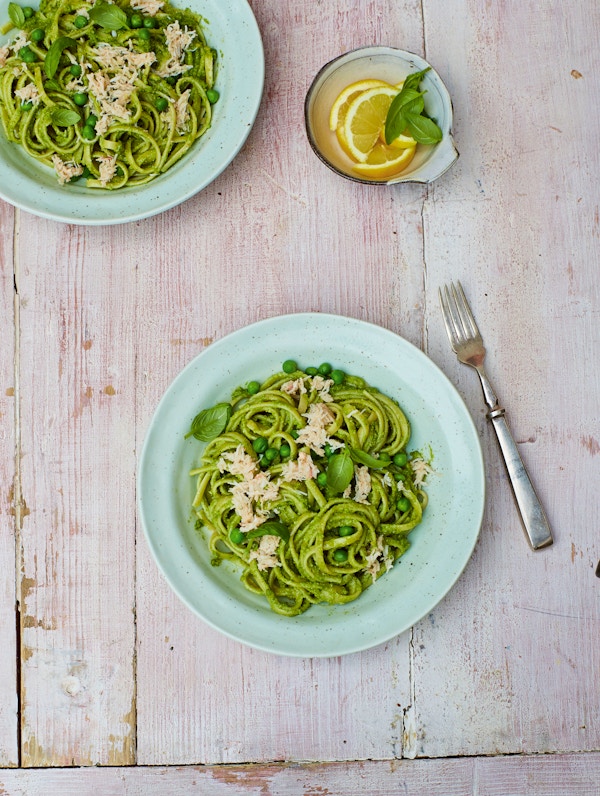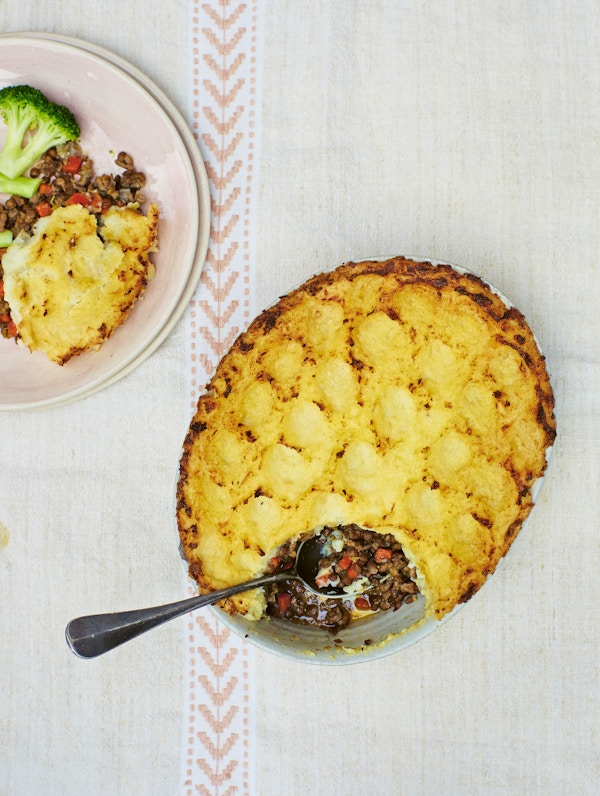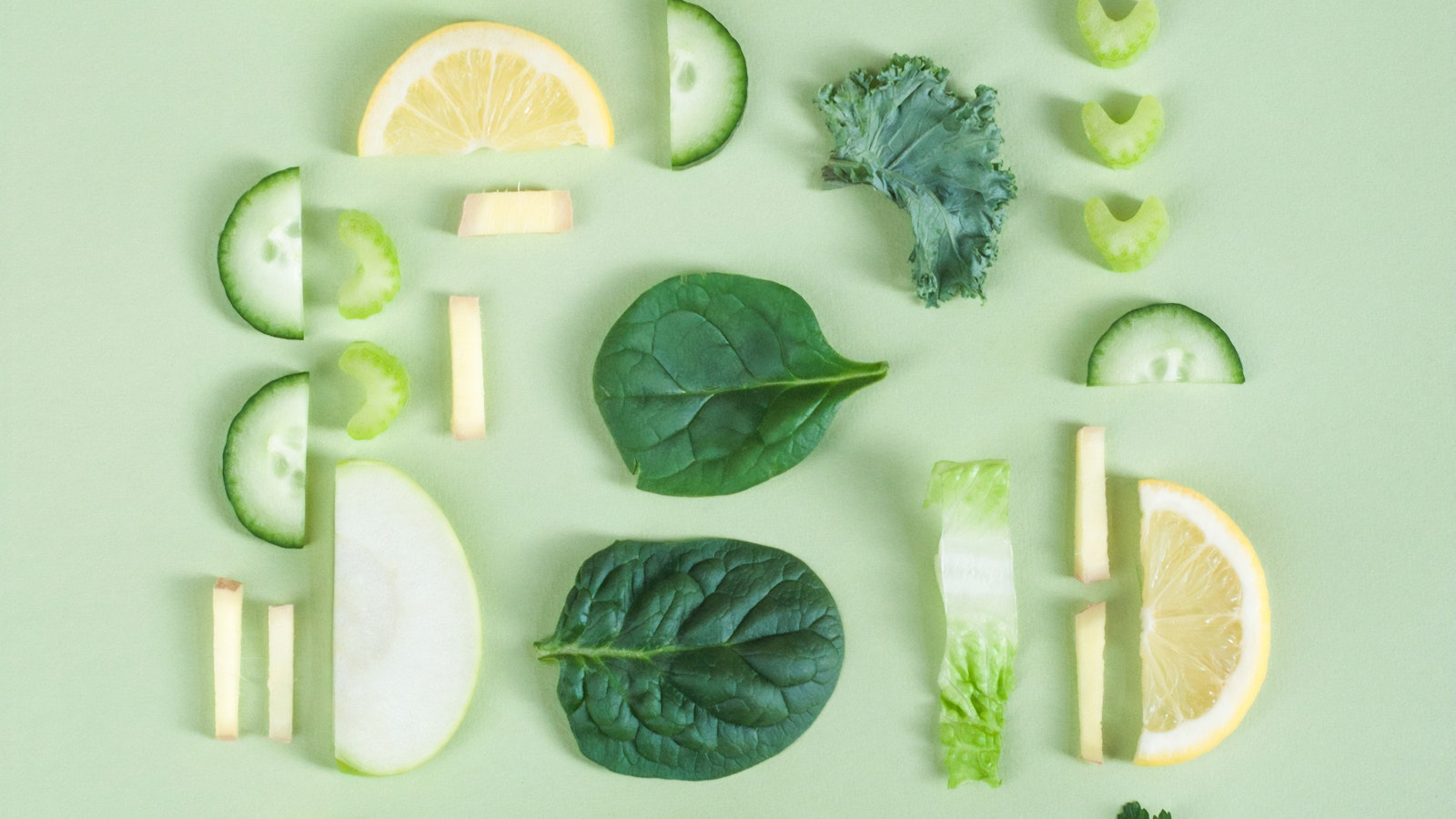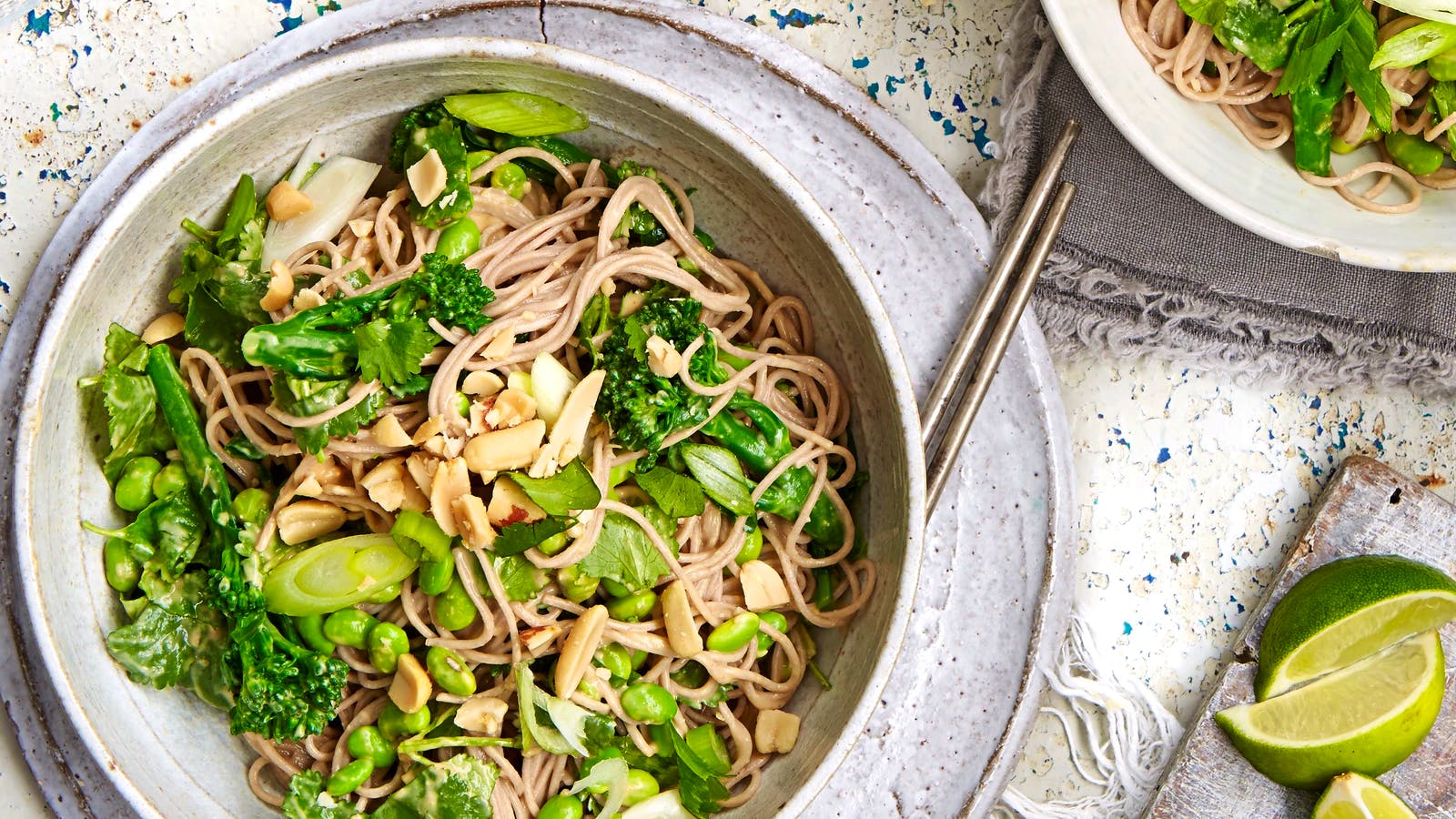“The book aims to help parents and children – no matter what the diagnosis – make the connection between how what they eat affects their mood, learning and behaviour.
”
In recent years, the number of children diagnosed with neurodiverse characteristics, such as ADHD or dyslexia, has increased sharply. This rise is prompting more and more families to hunt for scientifically backed recipes that just might improve symptoms such as impulsiveness, difficulty paying attention and hyperactivity.
Miller’s book provides up-to-date evidence-based nutritional advice explaining how regulating blood glucose levels can prevent ‘hanger’ meltdowns and how considered nutrition can help manage anxiety, tics and learning difficulties. For example, Miller’s Choccy Hazelnut Waffles with hidden sweet potato are rich in protein preventing blood sugar surges and contain magnesium helping calm the brain. Similarly, her Chamomile and Cherry Sleepy Smoothie is strategically packed with natural melatonin and GABA rich foods such as almond butter and rolled oats to encourage the body to wind down.
“Miller’s book provides up-to-date evidence-based nutritional advice explaining how regulating blood glucose levels can prevent ‘hanger’ meltdowns and how considered nutrition can help manage anxiety, tics and learning difficulties.’
”
For over twenty-five years as a naturopath and functional medicine practitioner, Miller has supported thousands of neurodivergent children using nutrition and natural remedies. She runs NatureDoc, a team of UK-wide nutritional therapists specialising in children’s health and wellbeing. Her mission is to highlight and ease the everyday challenges that many neurodivergent children struggle with, rather than focusing on the specific label.
Here, we catch up with Lucinda about mood swings, ADHD and best breakfasts.
Image Credit: Brain Brilliance by Lucinda Miller (Quadrille, £24), Photography © Ali Allen

Can food really help mood swings and ADHD?
Mood swings can occur for a wide range of reasons. If you feel you are always tiptoeing around your child as if on eggshells, then there are some nutritional tips to consider.
Firstly, ask yourself, do these mood swings happen on waking, between meals, or if a meal or snack is running late? If so, this may boil down to imbalanced blood glucose levels, which can be helped if you adopt a higher protein and healthy fat diet with less refined carbohydrates.
Low iron levels and low zinc levels can contribute to mood swings, as these two minerals are the most abundant in the central nervous system. Children and adults who have shortfalls in these two minerals often have difficulties with emotional regulation, irritability, picky eating or binge eating and energy highs and lows.
Why is breakfast so important for rebalancing blood glucose levels?
The saying ‘breakfast like a king' is vital for neurodivergent folk, and this can set up their day to be calmer and more balanced, making it easier to focus. This focus on blood glucose is because research has found that people living with ADHD and dyslexia are more sensitive even to small fluctuations in blood sugar; it's as if their brain doesn't work if they are running on empty.
If someone is on ADHD medication, then their appetite might be suppressed during the day, so this is another reason for a big breakfast. The best food choices are those packed with protein and healthy fats such as eggs, live yoghurt or nut butter. Some thrive on eating leftover supper for breakfast.

Which five breakfast recipes might help those living with ADHD?
Try the following recipes from Brain Brilliance: Carrot Cake Overnight Oats, Crispy Feta & Chickpea Omelette, Turkey & Apple Eggy Bread, Sweet Potato & Walnut Muffins and my most popular recipe so far, Choccy Hazelnut Waffles.

For a quick fix, which snacks do you recommend?
You can easily pick up some good quality snacks from the supermarket, which can be as simple as fresh fruit or step up to mixed nuts and seeds, olives, cheese, biltong and dark chocolate.
Many teens and tweens love to drink smoothies, which you can whizz up yourself, and it is a good idea to take them on the school bus in the morning or to slurp them at lunchtime.
‘Brain Brilliance’ by Lucinda Miller is published by Quadrille.





